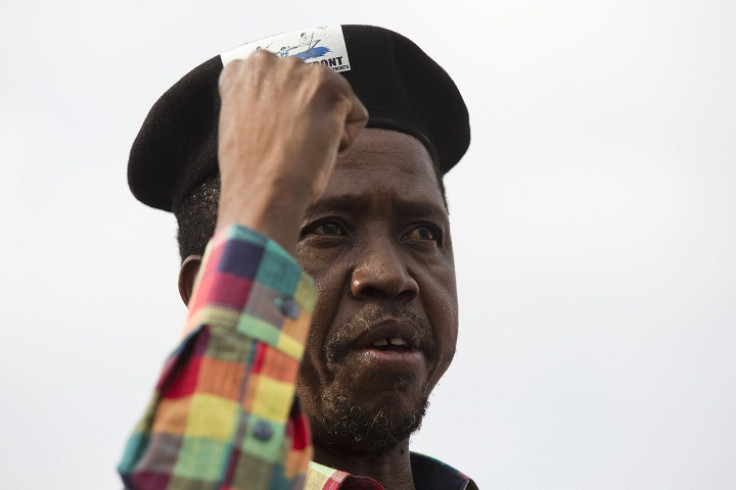Zambia: African nation seeks divine help to rescue ailing economy

Governments across the world often rely on austerity to rescue their ailing economies. But the south African nation of Zambia is resorting to something more old-fashioned – prayers.
"God save the kwacha," appears to be the battle cry of Zambian President Edgar Lungu as he urged his people to pray for the world's worst currency, hoping that would fix a plethora of problems ranging from plunging copper prices to electricity shortages. "Our God has heard our cries, he has forgiven us our sins and we are sure he will heal our country (as) we face serious social-economic challenges," Lungu said in an address to some 5,000 Zambians on Sunday (18 October).
Lungu had declared 18 October as a national day of repentance, prayer and fasting and a public holiday. Christian mother bodies, individual pastors, political parties and ordinary citizens joined him in prayers and welcomed the holiday. All Sunday soccer matches were postponed, and bars and restaurants were encouraged to close in order to get more Zambians to join prayer gatherings.
"We thank God that 18 October was successful. We all buried our denomination, political affiliation, beliefs and totally depended on God who has assured us that it is well for Zambia," a bishop from one of the Christian bodies said.
An economy in doldrums
The Zambian kwacha has been in free fall this year, especially since August. It is currently down 45% against the US dollar. The kwacha has fallen about 41% in 2015, labelled as the worst-performing currency among more than 150 currencies tracked by Bloomberg. One US dollar trades for about 12 kwacha.
Zambia is dealing with a severe economic crisis. It is heavily dependent on its copper trade, notably with China. But copper prices have dropped more than 20% over the past year, mainly because of lower demand in China, prompting companies such as Glencore to consider shutting mines and firing thousands of workers.
The country's finance minister, Alexander Chikwanda, has said the country's economy will witness stunted growth of less than 5% this year, down from an earlier projection of around 6%. But a Barclays estimate projects growth will hit a 17-year low of 3.4% in 2015.
Zambians have been forced to endure power cuts of as long as 14 hours a day in Lusaka as dry weather and drought have caused water levels to drop at Lake Kariba hydropower plants, which supply nearly half of the nation's electricity. The food situation has also worsened, with the drought resulting in a 22% slump in production of corn, the staple food for Zambians. With such mounting problems, Zambia might need something more than mere prayers.
© Copyright IBTimes 2024. All rights reserved.





